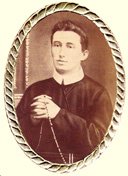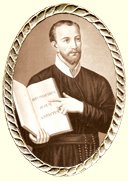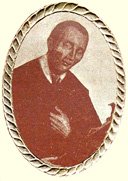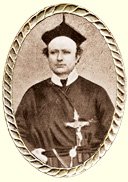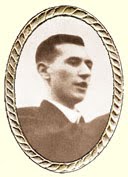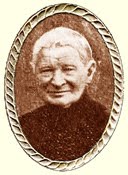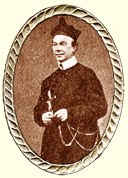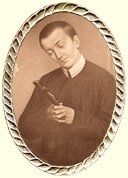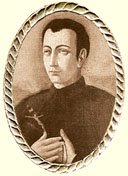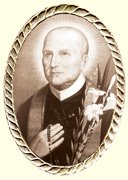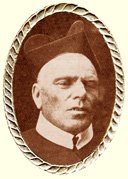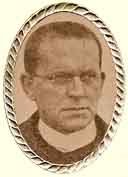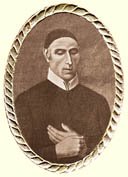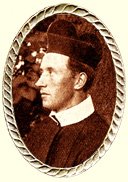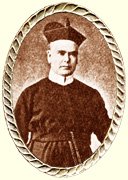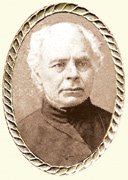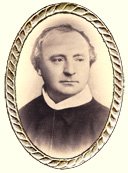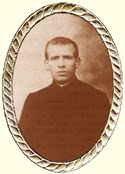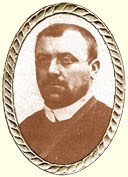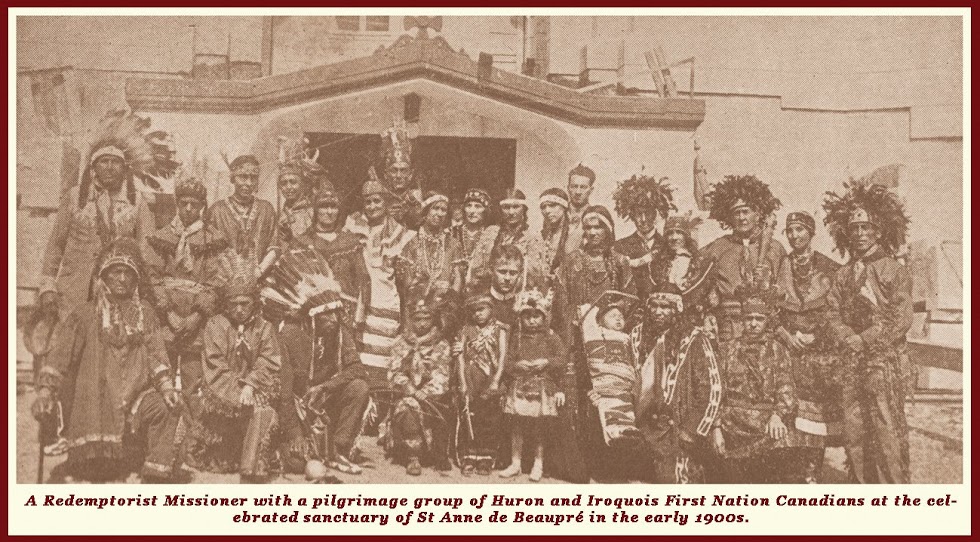Rev Fr Richard Crofts, C.SS.R. (1842-1888)
Richard Crofts was the seventh of a family of eleven children. His father, who was an auctioneer, lived in Thurles. It was in this town that Richard was born, on the 28th of September, 1842. He was baptized on the following day, the Feast of St. Michael. From a written account of his boyhood, which gives many details of his school life, it is evident that he was a boy of more than ordinary zeal for study. He went for many years to a school taught by the Christian Brothers, and it is stated that great attention was bestowed by his masters on his intellectual and religious training.
The fruit of this care was shown in his exemplary life, and in the fact that he was chosen after some years as teacher in some of the principal colleges in the country. But the vocation of this talented young man was not to be a professor, but a Missioner. Indeed, we have it from himself that one of his reasons for accepting the Professorship of English in a Dublin College was to accustom his family to his absence from home, and so to make his entrance into a religious Order less trying to them.
While in Dublin he communicated with the Father Rector of the Redemptorists at Limerick, and entered the Novitiate at Bishop Eton in May, 1862. His Philosophical and Theological studies were made in Holland. And one who knew him in the house of studies writing after his death sums up an account of his student days in these words: “His student life was passed in quiet humble observance of rule, in steady application to study, in simple and sincere charity to his companions, and in the patient suffering of the many little trials that are the lot of everyone. But above all, like St. Joseph, he was a hidden, interior man.”
To remain hidden and unnoticed seems to have been Father Crofts’ favourite virtue throughout his religious life. He was, without doubt, possessed of a talent too great to go unnoticed, and instances are related where, even as a boy and later on when a student in Holland, he filled both his masters and companions with admiration by unconscious displays of talent. Yet his wish was to be in the background.
After he became a Priest his life in the different Communities, to which at various times he was attached, whether as subject or Superior, was so toned by this genuine modesty that it is difficult to remark anything unusual in it. But his humility was not such as to lead to inactivity. Amongst his many daily occupations in his round of student and priestly life, he found time to undertake the study of Irish, and in his time there were not the helps and encouragements that there are now, nor did he rest satisfied until he had acquired a good knowledge of the language.
It may be said that he met his death while working. What was, indeed, the warning call of death, came to him while engaged in missionary work in the town of Kilkenny. Here he received a stroke of apoplexy, and though he rallied somewhat it was the drawing near of death.
The end came when he was on a visit at the Redemptorists’ house, St. Joseph’s, Dundalk. His last illness was one of much pain.
 The lay brother who nursed him writes: “Father Crofts never once lost his heroic patience. He never complained, he never expressed a wish to live or to die, to get better or get relief from pain, he seemed to bear everything with a holy indifference.”
The lay brother who nursed him writes: “Father Crofts never once lost his heroic patience. He never complained, he never expressed a wish to live or to die, to get better or get relief from pain, he seemed to bear everything with a holy indifference.”
This illness lasted fourteen days, then came a short space in which he was free from pain. In this state of peace he breathed his last, on the 27th of September, 1888. †




















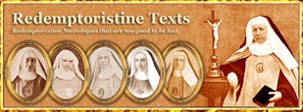
.jpg)









